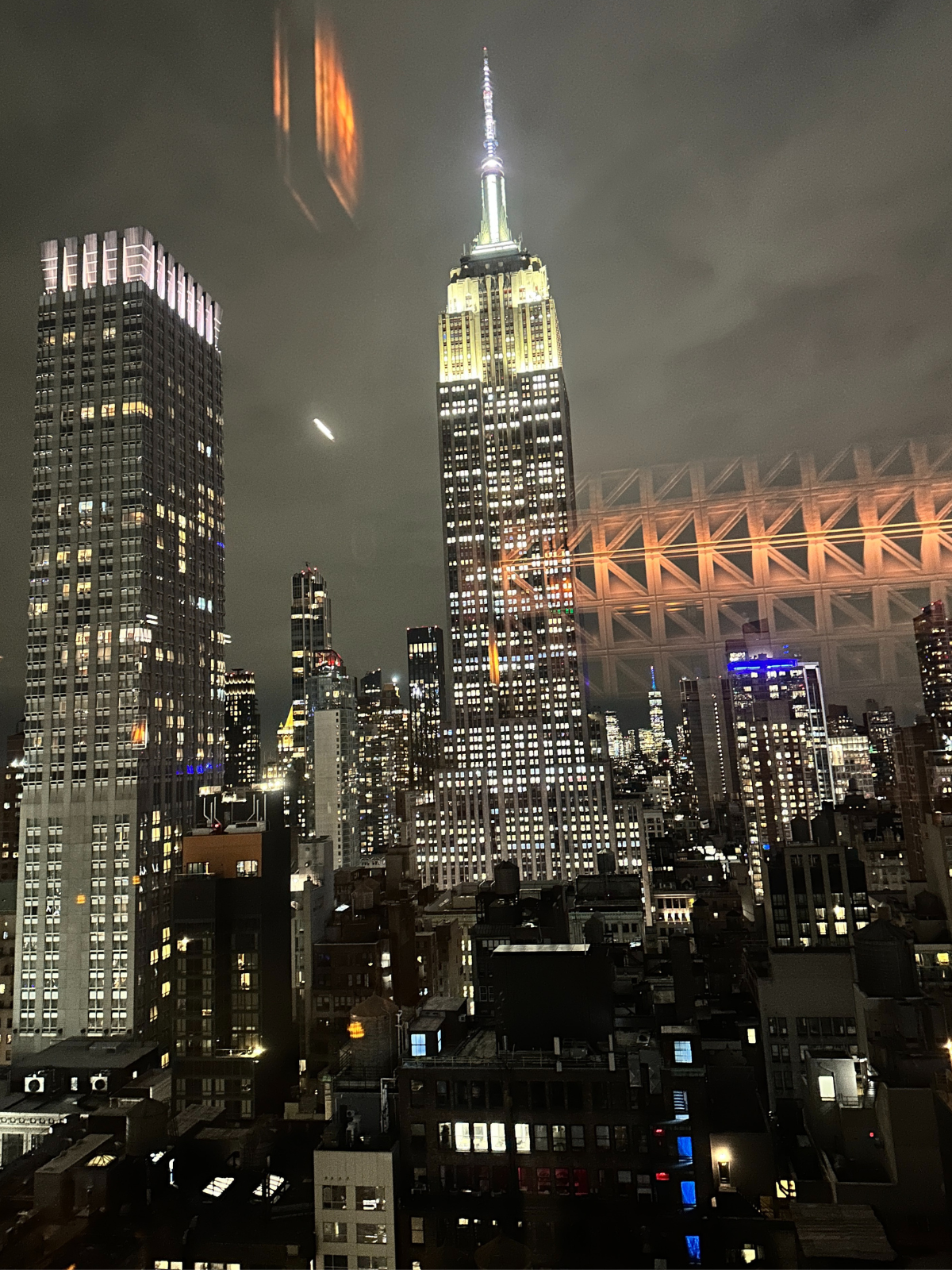
Do you also think that in New York City, where opportunities and connections are as abundant as skyscrapers, the resurgence of private clubs has become a noteworthy trend?
As for me, I’ve observed a shift towards these exclusive spaces that goes beyond mere socializing—it’s a strategic move for both seasoned investors and emerging entrepreneurs.
A prime example of this trend, for me, is Casa Cipriani, a distinguished establishment that has become a magnet for individuals keen on cultivating meaningful connections. I think the allure lies not just in its opulent ambiance but in the curated network it provides, bringing together a community of like-minded professionals from various industries, including commercial real estate.
Zero Bond is another noteworthy player in this resurgence. With its blend of sophisticated design and a focus on fostering genuine connections, it has become a hub for entrepreneurs seeking more than just a workspace. The way I see it, the strategic location and the carefully curated membership further emphasize the value of this club as a nexus for business opportunities.
And then there’s The Ned, a unique amalgamation of elegance and exclusivity. This private club has carved its niche by offering a haven for entrepreneurs and investors alike. I think that the diverse range of amenities and events create an environment where business deals seamlessly intertwine with social interactions.
So, why the sudden resurgence of private clubs in New York City?
For commercial real estate specialists like myself, the answer lies in the power of networking. In an era dominated by virtual connections, these physical spaces offer a tangible advantage. For us in the industry, the ability to share a handshake, discuss deals face-to-face, and establish genuine rapport is invaluable.
Moreover, these clubs serve as a haven for entrepreneurs navigating the complexities of wealth-building. The curated membership ensures a pool of individuals with shared ambitions, fostering an environment ripe for collaboration and mentorship. I think this is particularly significant for women entrepreneurs, who often find such spaces as a supportive backdrop to break through the barriers of traditionally male-dominated industries.
The way I see it, the resurgence of private clubs in New York City isn’t just a trend; it’s a strategic move for those seeking to thrive in the dynamic world of entrepreneurship and wealth-building.
So then, exemplifying the shift towards exclusive, curated spaces that go beyond luxury—private clubs provide a foundation for lasting connections and lucrative opportunities in the ever-evolving landscape of business and entrepreneurship.
How about you? What are your thoughts on the resurgence of private clubs in New York City?